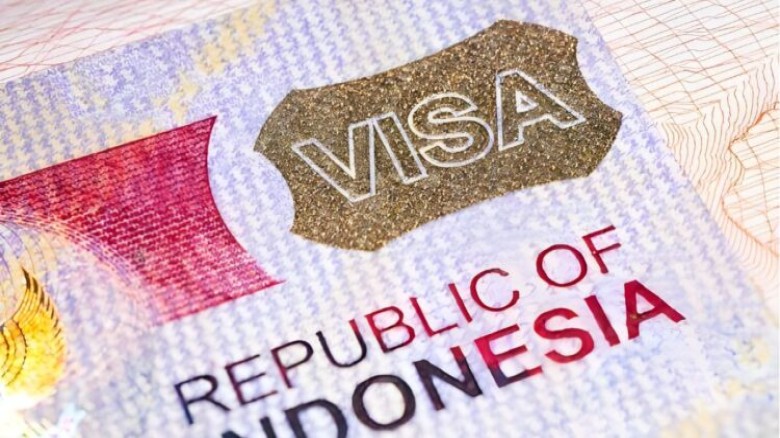Grammarly secures $1bn funding to expand AI capabilities
Nigeria has fallen to the 66th position in StartupBlink's 2025 Global Startup Ecosystem Index, slipping two places from its 64th position in 2024.
Within Africa, Nigeria now holds the fourth position, exhibiting the slowest growth rate—under 6%—among the continent's top seven startup ecosystems.
StartupBlink evaluates nations based on their levels of startup activity, the impact and success of those startups, and the supportiveness of the environment for startup development.
This drop underscores the difficulties Nigeria encounters in enhancing its startup ecosystem relative to other African countries.
Despite the overall downturn, Nigeria maintains its leadership in West Africa's startup landscape, having held the top position in the region since 2021.
Six Nigerian cities are listed among West Africa's top 10 startup hubs, with six also appearing in the global top 1,000. However, most of these cities saw a decline in their rankings, raising concerns about Nigeria's ability to sustain its startup growth.
Lagos, historically regarded as Nigeria's startup capital, remains the leading ecosystem in the country but has fallen six spots to 76th globally, dropping out of the top 70 it had entered only a year prior.
The report notes that Lagos still accommodates Africa's largest startup ecosystem, which is 11.8 times larger than Abuja's, its nearest national competitor.
In contrast, Abuja displayed significant growth, becoming the only Nigerian city to rise in the global rankings—accelerating by over 50% to 399th—indicating its emergence as a rapidly growing tech hub.
Ilorin has made its first appearance in the global top 1,000, showcasing a slow expansion of Nigeria's startup activities beyond Lagos.
The StartupBlink report emphasizes Nigeria's regional strength due to its vast domestic market of over 200 million people, projected to double by 2050.
Nigeria also leads Africa in the number of unicorns, with rapidly growing firms such as Flutterwave and OPay, and hosts Jumia Group, a significant pan-African e-commerce and fintech player.
Fintech remains at the forefront of Nigeria's startup ecosystem, driving much of the innovation and attracting considerable investor interest.
Despite ongoing obstacles like limited access to financing, low consumer purchasing power, and infrastructure shortcomings, Nigeria's startup ecosystem is supported by a blend of public and private initiatives.
























Leave A Comment